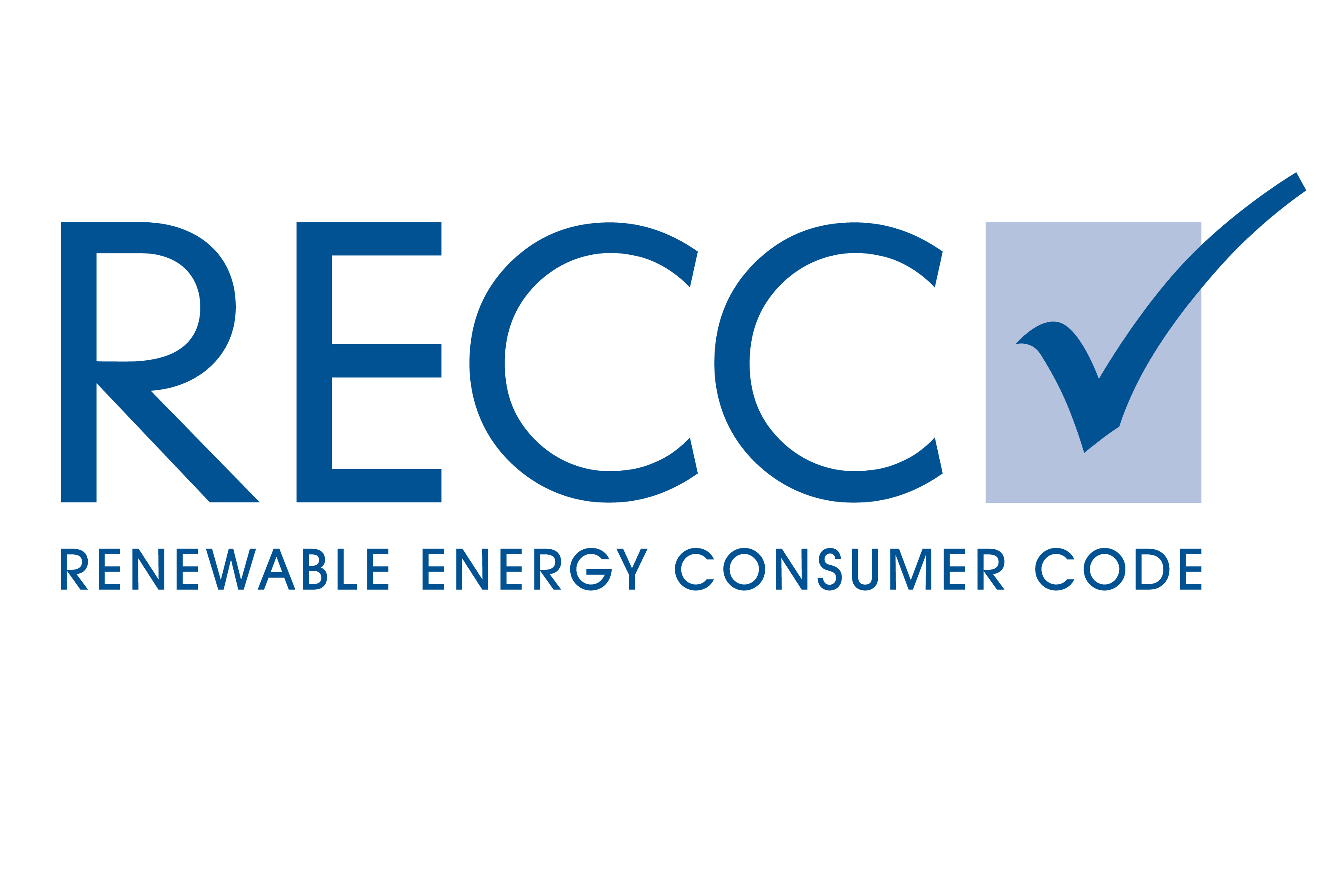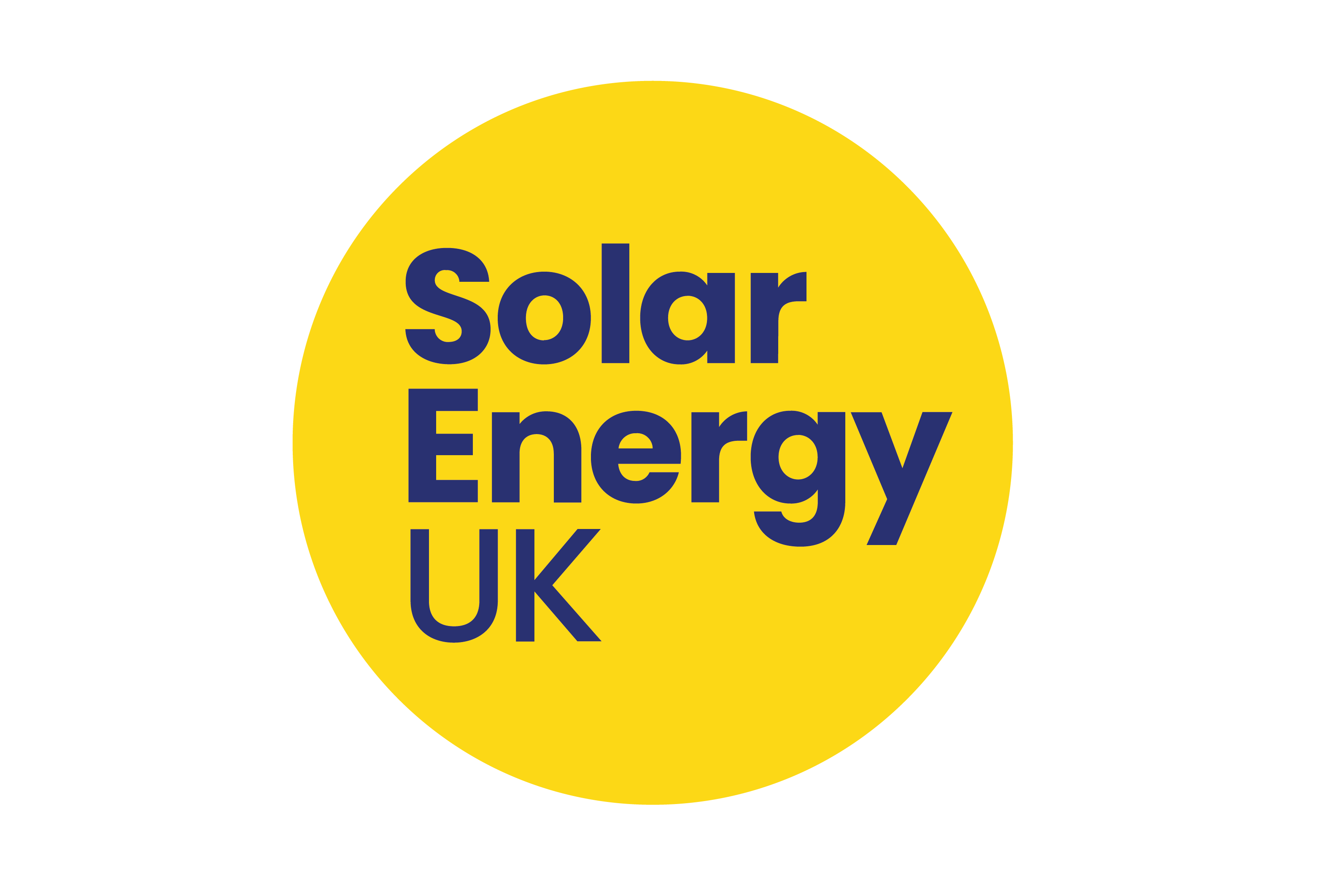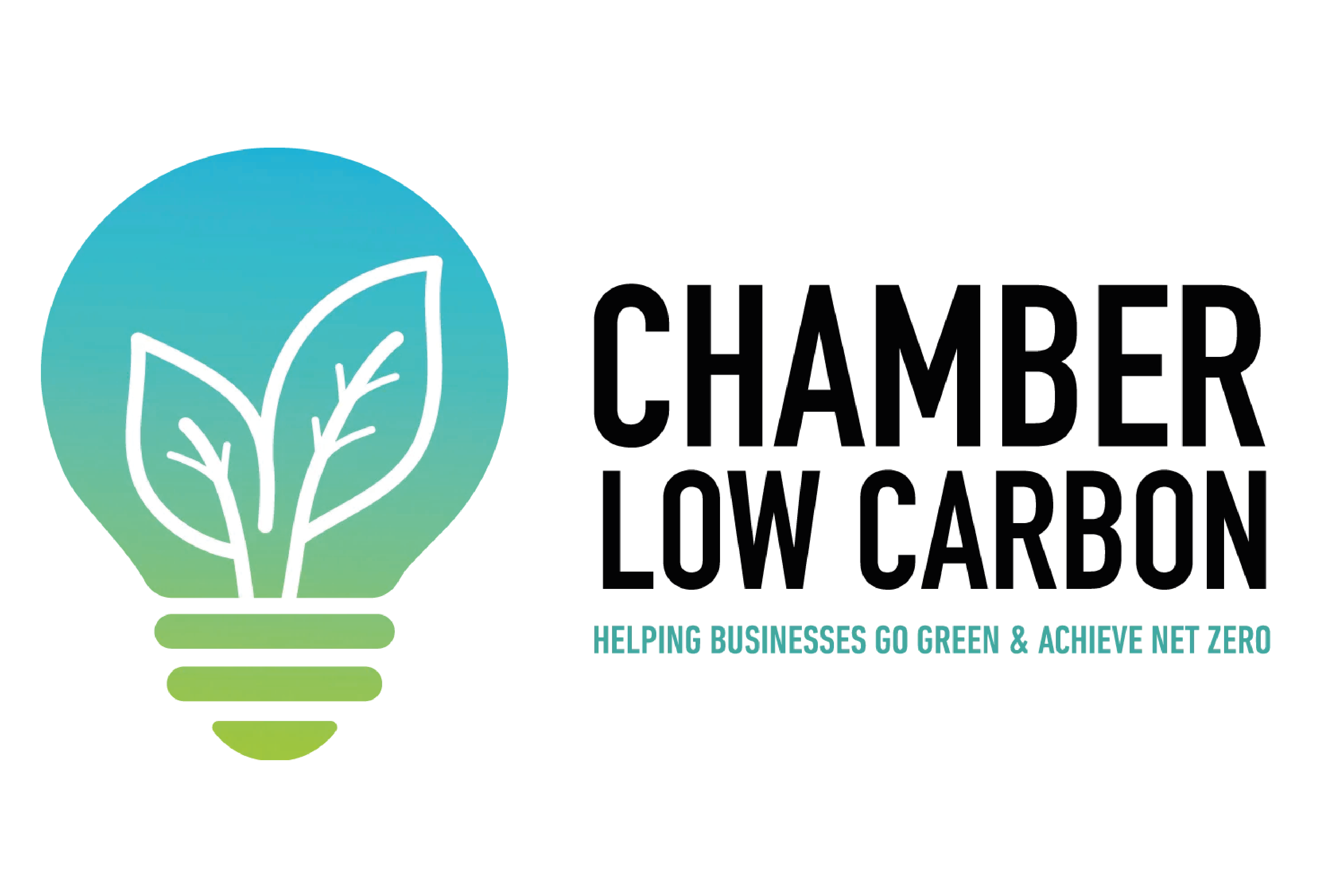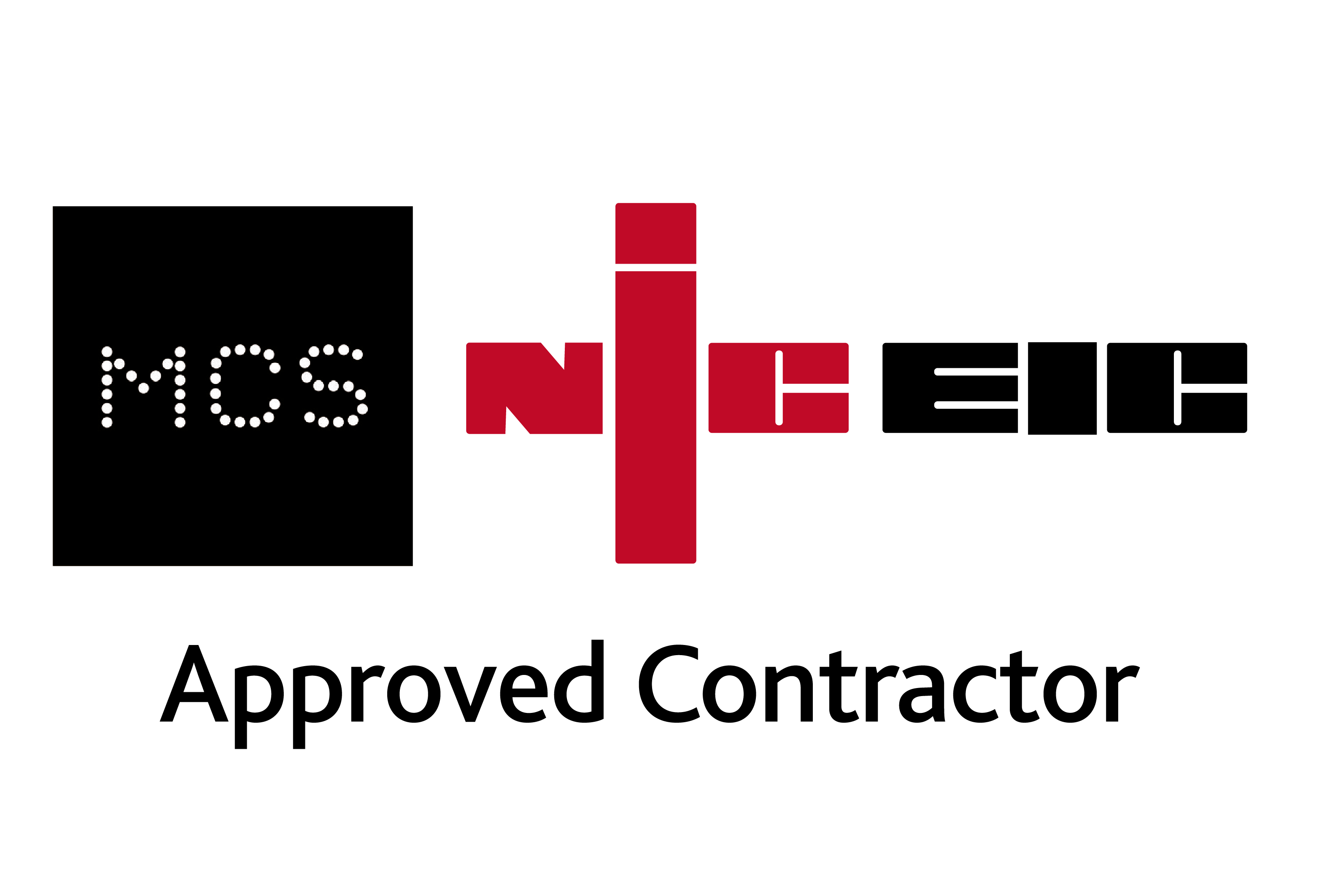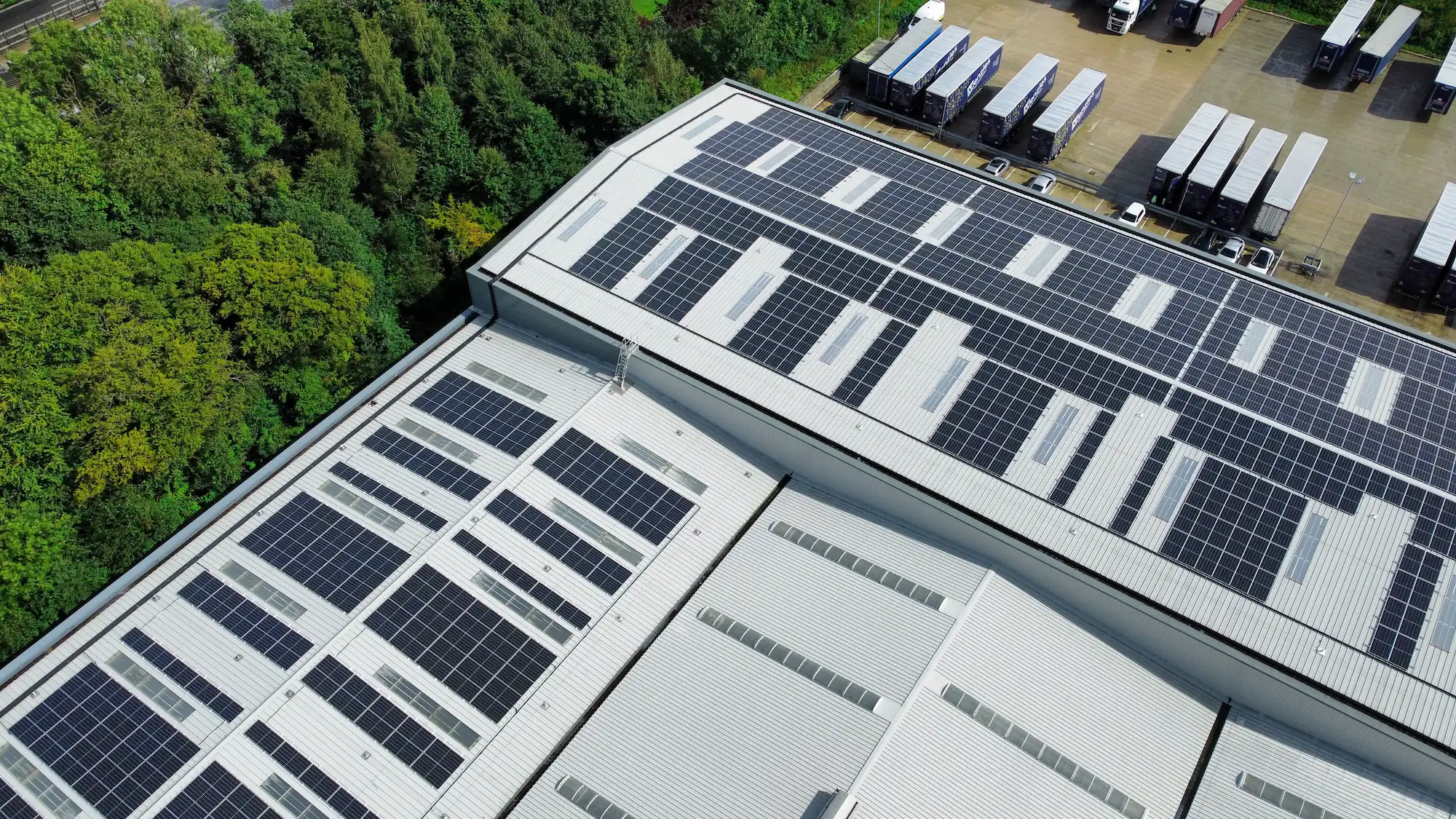
Our mission is to help you with the enviromental element of your corporate social responsibility
Your journey to achieving Net Zero begins now.
In the UK, all emissions are to reach Net Zero by 2050. This target requires a collective effort, and all businesses are urged to begin taking action now.
In fact, Mark Carney, the former Governor of the Bank of England commented, “Companies that fail to adapt to climate change will go bankrupt”.
At Low Carbon Energy, our mission is to support your business to reduce carbon emissions, save money, and get you recognised as a company that truly makes a difference.
Benefits of working towards Net-Zero benchmarks:
-

Better brand recognition & positive business reputation
-

Meet tightening legislative requirements
-

Increased financial performance & operational cost savings
-

Support a greener environment
-

Easier access to capital
-

Meet supply chain demands
-

Organisational growth & attract and retain staff
-

Increased sales & customer loyalty
Powering your present. Preserving your future.
Call us on 01282 421 489
Build a reputation you can be proud of
Taking Net Zero benchmarks seriously offers distinct competitive advantages. Just as consumers favour brands that have eco-friendly business practices, suppliers and other key stakeholders are likely to value your brand more if you implement clear sustainability practices. Often, your responsible policies can reflect how their customers view them, too. Increasingly, stakeholders don’t just prefer to see you supporting Net Zero policies – they insist on it.
Cost savings
By reducing resource use, waste and emissions, you can help the environment and save money too. With a few simple steps, you should be able to lower your utility bills and achieve savings for your business.
Finding and keeping talented staff
Being a responsible, sustainable business may make it easier to recruit new employees or retain existing ones. Employees may be motivated to stay longer, reducing the costs and disruption of recruitment and retraining.
Other important benefits of achieving Net Zero:
-

Access to finance
-

Attract positive media attention
-

Reduce regulatory burden
-

Identify new business opportunities
NET ZERO
What is Net Zero and why is it important?
The term ‘Net Zero’ refers to striking a balance between the carbon emissions produced, and the emissions that are taken out of the atmosphere. When an entity removes as many emissions as it produces, these levels balance each other out, and that entity can then be said to have achieved Net Zero, or become ‘carbon neutral’. Achieving Net Zero is a vital step for modern businesses and organisations if we’re to successfully turn back the tide of climate change.
Growing environmental concern also means that Corporate Social Responsibility has become more important than ever. The general public are increasingly environmentally aware, and more consumers now want businesses to demonstrate an awareness of their climate footprint, as well as make clear commitments to mitigate their carbon emissions. Unless businesses can follow up on these commitments - such as by achieving Net Zero emissions - many buyers may well choose to shop elsewhere.
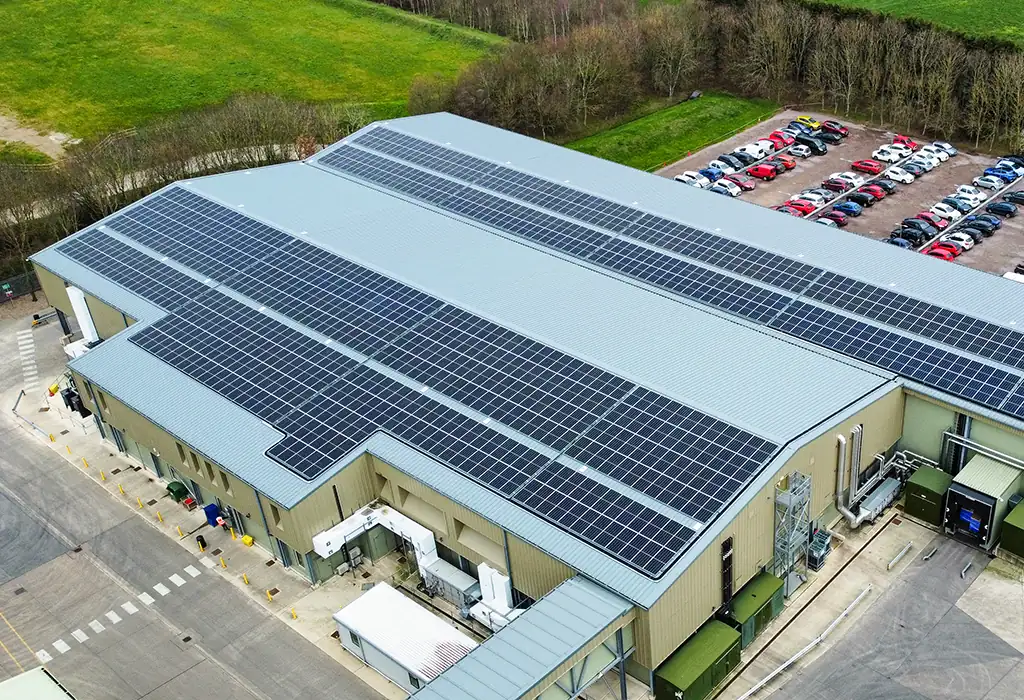
How can Low Carbon Energy help you achieve Net Zero?
Solar panels are widely recognised as one of the cheapest ways to decarbonise your business energy supply. They give you the means to generate your own clean, green energy on-site, reducing your reliance on fossil fuels and taking you one big step closer to achieving Net Zero.
With over 30 years of combined experience in solar panel installations, our experts here at Low Carbon Energy can help you transform the way you power your business. For more than three decades, we’ve been installing Low Carbon Technologies for SMEs and large commercial businesses alike, across a wide range of sectors. We’ll use your unique energy profile to create a bespoke solution that’s tailored specifically to your business, enabling us to maximise reductions in your carbon footprint.
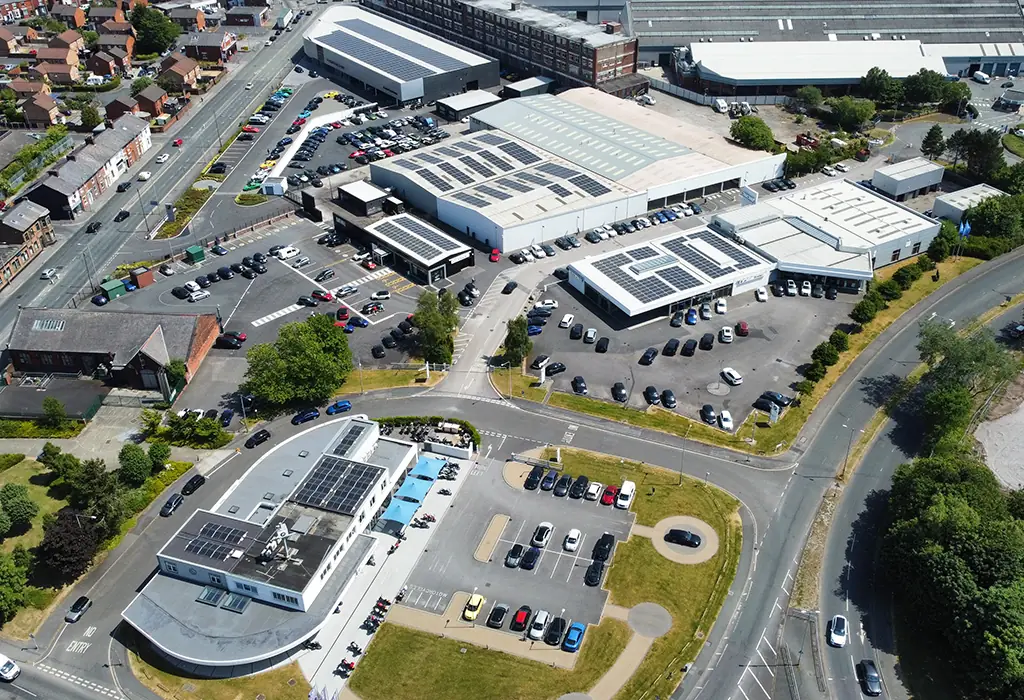
What is ESG?
Short for Environmental, Social, and Governance, ESG is a term used to refer to the 3 key factors used by growing numbers of investors to evaluate the behaviour and ethics of companies that they’re considering investing in. That means in other words, it’s the new criteria which everyone from customers to partners to investors will probably use to judge your business.
As the abbreviation suggests, these factors are notably not based on financial performance, but instead assess the ethical and sustainable conduct of the business being evaluated, such as by making sure there are procedures in place that ensure proper accountability for staff and executives, and that the company’s carbon footprint is being proactively managed.
To give a little more context, ESG comprises:
- Environmental - examining how a businesses manages its impact on the natural environment
- Social - looking at how the company treats people, including visitors, customers and its own employees
- Governance - how a company polices and regulates itself
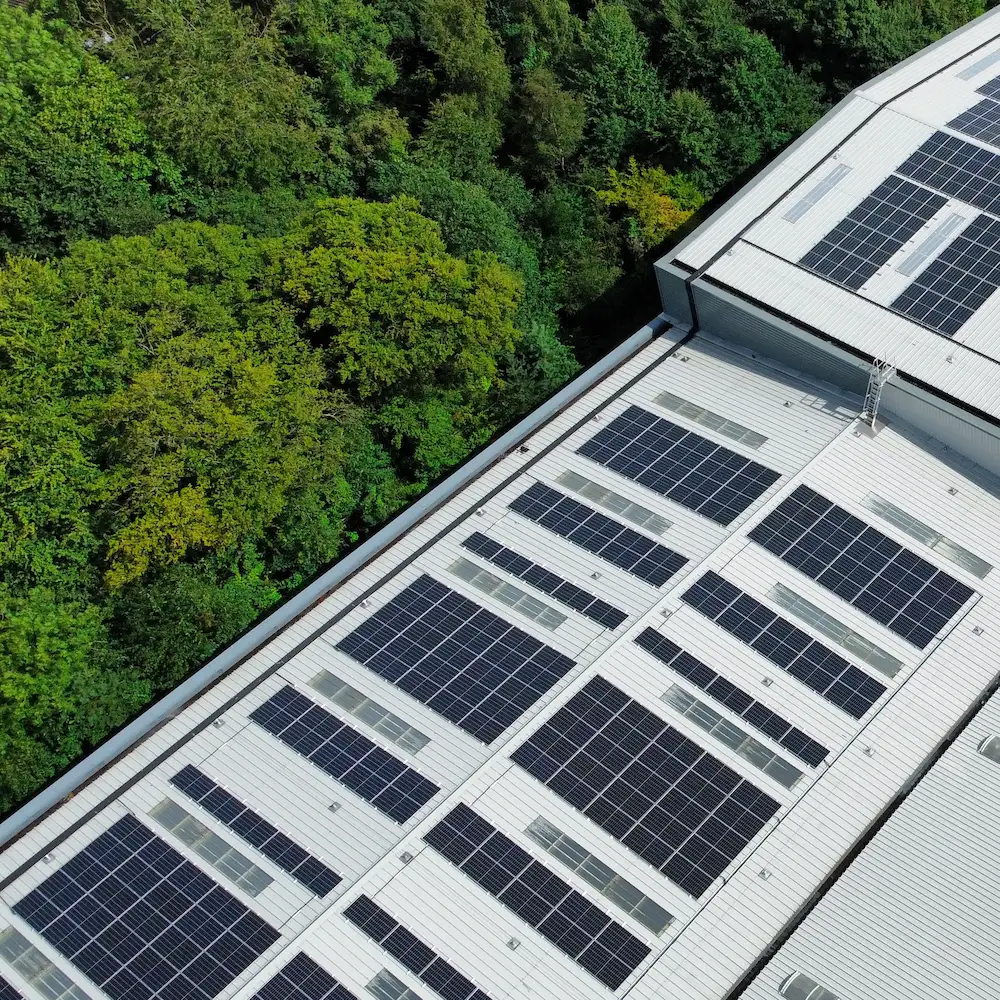
What’s The Difference Between ESG And CSR?
ESG and CSR can be easily confused, as they’re both concerned with a company’s conduct, ethics, and its impact on the environment. However, the key difference is that Corporate Social Responsibility generally refers to internal company policies, whereas ESG is a more objective standard criteria used by outside observers (e.g. investors or prospective partners) to judge the measurable progress that a business has made towards its stated goals.
As the popular refrain goes, CSR aims to make a business accountable, whereas ESG aims to make its efforts measurable. While CSR is still definitely worthy of your attention, one of its key shortcomings is that it’s self-regulated and qualitative, both of which means it can vary considerably between different companies. ESG on the other hand is quantitative, and its reliance on more objective data makes it an even more dependable measure of a company’s commitment to its climate goals.
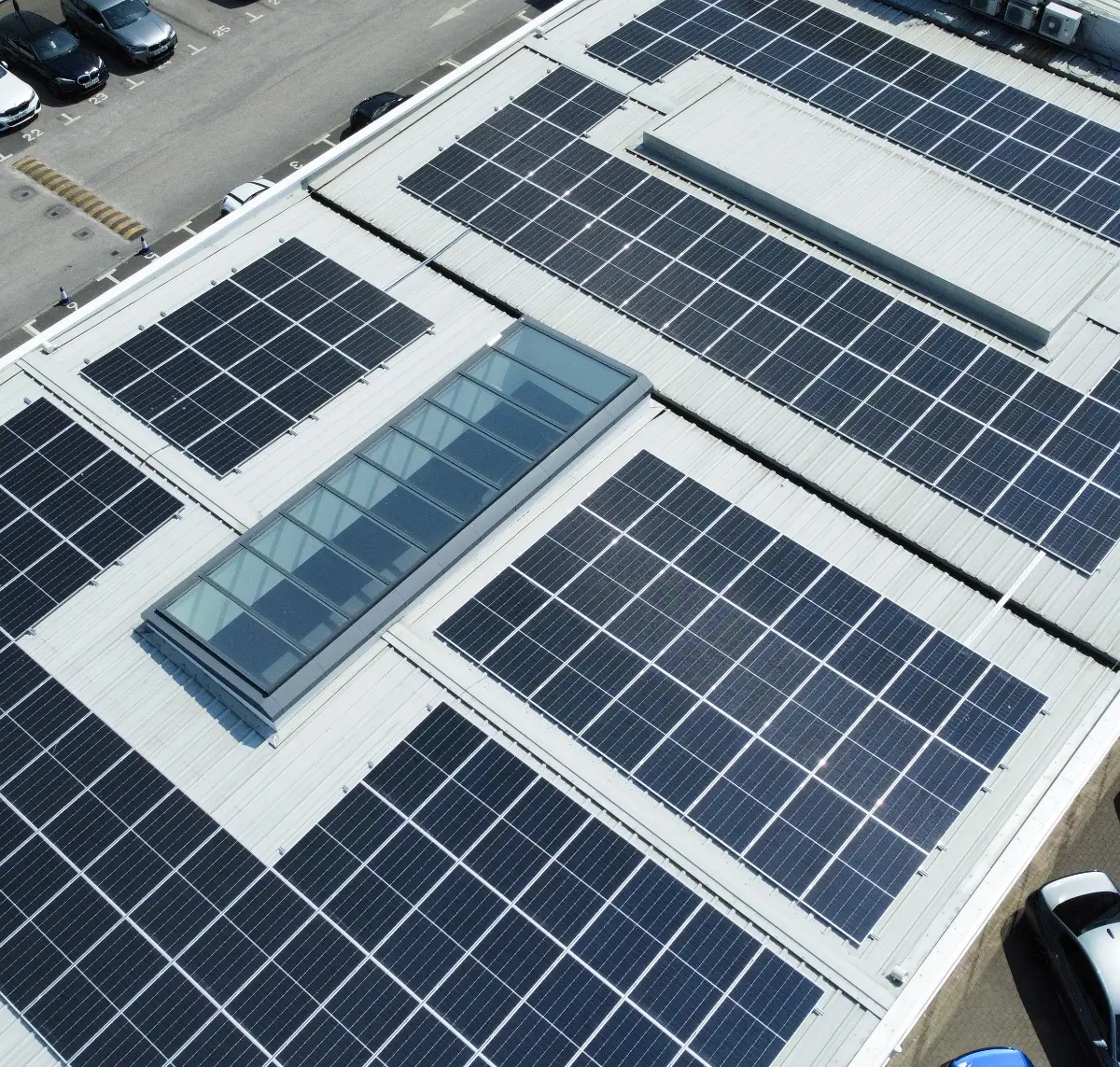
For further information
Call us on +44 (0)1282 421 489

strategy be a priority?



